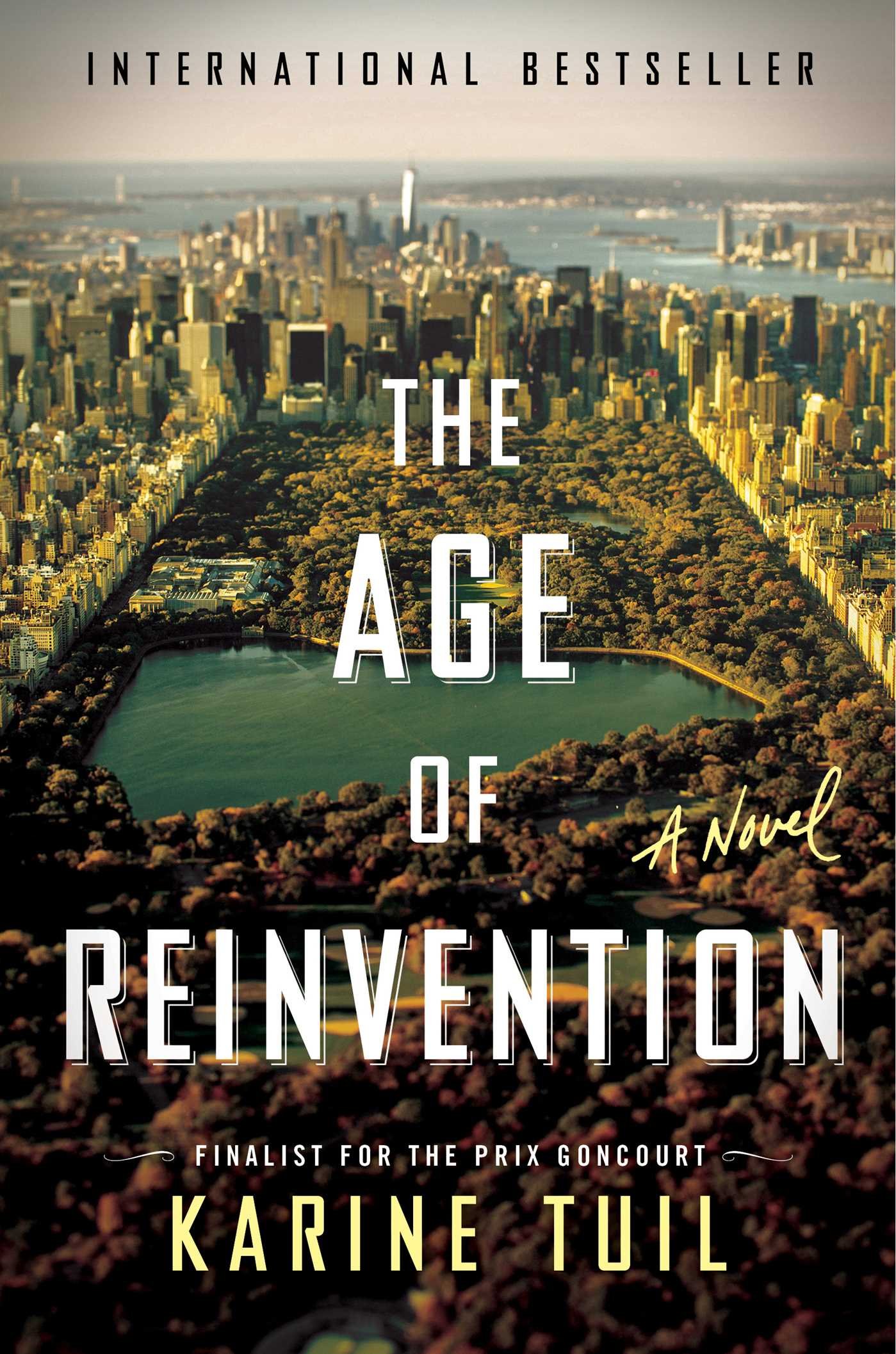
Though we may not realize it at the time, seemingly minor decisions can often change our lives—and the lives of others. Our lies can spiral out of control, and our choices can affect our relationships. It’s a lesson that three characters learn the hard way in author Karine Tuil’s The Age of Reinvention.
The story follows three old friends as their paths cross twenty years after they parted ways. Samuel and Nina live a simple life together in Paris, where she models for catalogs and he works as a social worker. In his spare time, Samuel writes novels that he’s afraid to send out to publishers because he can’t handle the rejection. Meanwhile, their law school friend, Samir, has become a rich, successful defense attorney in Manhattan—though he did so by assuming Samuel’s identity. And when the three old friends meet up once again, it changes their lives—and their relationships—forever.
The Age of Reinvention seems to promise a captivating story about fame and success, pressures and expectations. These three friends may have started out in the same place, but their lives have gone in completely different directions. And when they meet up again, their stories are reshuffled.
Unfortunately, though, the characters are entirely unlikable. Samir is a self-absorbed womanizer whose successful life in New York is based on layers upon layers of lies. And though his wife—and her wealthy, well-known father—helped to make his career, he freely (and rather openly) cheats on his wife, rarely considering the risks to his marriage, his family, and his career.
Samuel, meanwhile, simply wallows in self-pity. He’s poor and miserable, and he’s all but given up on his life. He once had big dreams, but he’s given up. For some reason, he makes the decision to reconnect with Samir—a decision that he knows will most likely be disastrous—and then his wallowing increases after Nina responds exactly as expected.
And Nina is caught in the middle. She’s been loyal to Samuel for twenty years, quietly enduring his moodiness and self-loathing much longer than anyone would expect. But when Samir returns to her life, she jumps at the chance to be his well-kept secret, giving up her life and her home to be at his beck and call in New York. She’s treated horribly by both of these men, yet she quietly accepts it, making the character frustrating in a completely different way.
To add to the challenge, Tuil’s rambling, run-on writing style makes it tough to get settled into the story. Paragraphs seem to go on for pages, perspectives seem to change without warning, and sentences sometimes feel more like a laundry list of thoughts and ideas than coherent statements. And while that sometimes makes sense for the characters, it makes for a difficult and deliberate read.
The intertwined stories of The Age of Reinvention may offer an interesting reminder of the sometimes serious consequences of our actions. But the characters are so unpleasant that you’ll have a hard time caring about the outcome.
Listen to the review on Shelf Discovery:


